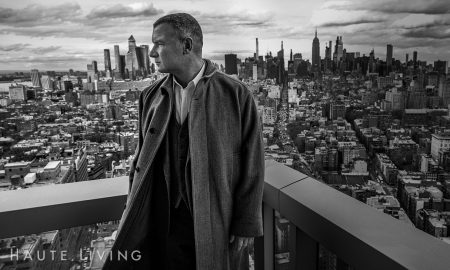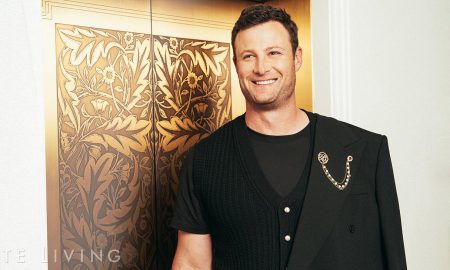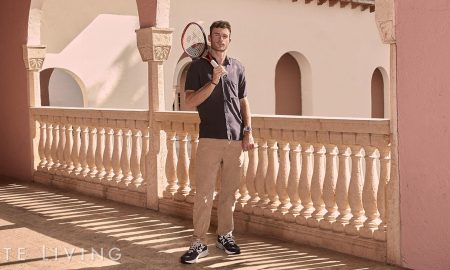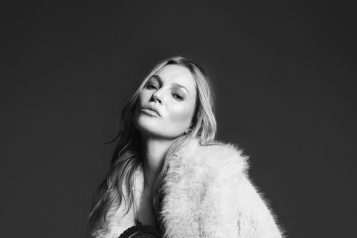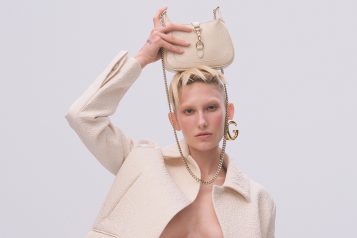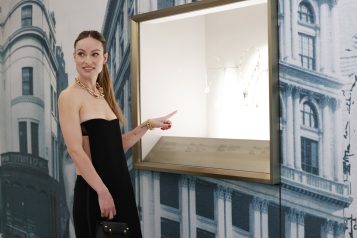But the Lakers are in that rare state of grace that allows the team to be rated as the most valuable franchise in the league. Buss originally purchased the team, along with the NHL’s L.A. Kings, the Forum, and a ranch, for $67.5 million—a record transaction in sports at the time. Today, Forbes estimates the value to be more than $600 million. That’s quite a big ROI over the past three decades, not that the return will be cashed in any time soon. “The value of the Lakers is a fact that isn’t very important because we don’t intend to sell it,” he says. “We don’t really care if it’s worth $60 million or $600 million because we never plan to sell.”
It’s a sentiment that his family shares. With retirement looming, Buss asked his six children—each with a name beginning with the letter “J”— about the possibility of selling the team, and their collective response was a resounding no. “I wasn’t sure if it was my love for the Lakers that kept us working at it or if they had a love for the Lakers that was separate from mine,” he says. “When I approached them about selling, they were horrified; none of them could imagine selling the team.” The Lakers is a family business, albeit one that affects the socioeconomic fabric of the entire city. As the head of that family business approaches 80, the next generation of Busses is stepping up to live up to the legacy that their father created.
That includes Jim, the vice president of player personnel; Joey, team president of the Los Angeles D-Fenders; and Janie, the Lakers director of charitable services. Leading the Buss family charge is Jeanie, the Lakers executive vice president of business relations. She has been groomed for the position since the day that her father bought the team. Now 47 years old, she began working in the organization when she was just 19 and pursuing a degree in business from USC. Her father insisted she continue her education, although juggling the two tasks must have been quite the balancing act; she was general manager of the tennis team Los Angeles Strings when she was still a teen. But she excelled in the organization, bringing in players like John McEnroe, Pete Sampras, and Andre Agassi and winning two titles. She then took over roller hockey, indoor soccer, and volleyball, while also promoting concerts and events before being named president of the Forum in 1995. The upcoming season will be her ninth as the executive vice president of the Lakers, where, she says, she is “on the revenue-producing side of the business, whereas the basketball department is the revenue-spending side.” She handles everything that generates the cash flow (such as sales, broadcasts, and sponsorships) that allows the team to be at the top of the league. “Business for the Lakers is good, but we do have the highest payroll in the NBA,” she says. “So we have to keep finding new ways to generate revenue.”
Not that she finds that very difficult. Courtside seats at a Lakers game are more in-demand than invites to the most star-studded events in town, even though they run more than $2,500 a pop. “I get a lot of phone calls from people who want to go to the game, often times celebrities who are in town, or dignitaries, famous athletes from other countries,” Jeanie says. “It’s kind of like we are the White House of the West. Everybody wants to stop by and go to a Lakers game and be a part of that scene.” During the finals this year alone, a plethora of stars were spotted in the seats, including Jack Nicholson, who attends every home game. Also supporting the team were Snoop Dogg, Sylvester Stallone, David Duchovny, Dustin Hoffman, Hilary Swank, David Spade, Chris Rock, Kevin James, Adam Sandler, Charlize Theron, Steven Spielberg, and Jeffrey Katzenberg—all during the final series alone.








